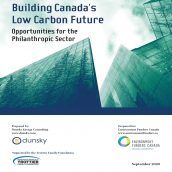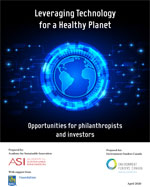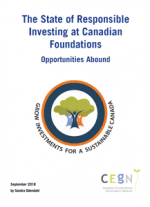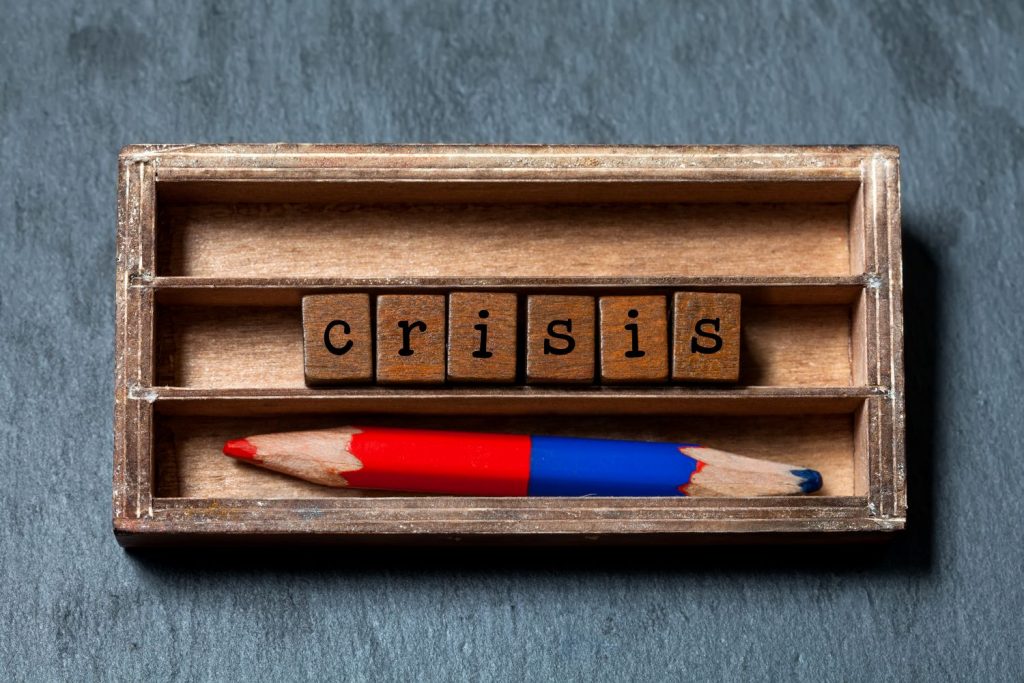
What is Philanthropy’s Role in Addressing Crises?
The philanthropic sector serves as a catalyst for action—it is well-positioned to be daring and take risks with projects or investments that might not (ultimately) succeed. When crises arise, the philanthropic sector is thus able to react faster and more flexibly than other sectors. The philanthropic sector also tends to be at the forefront of identifying the intersectionalities and interconnectedness of different social, cultural, economic, and environmental dimensions of crises. In this sense, philanthropy is often able to approach crises more holistically and collaboratively—stressing, for example, both the effects of climate change on all sectors and the need for an all-sector approach to addressing the crisis. The global response to the COVID-19 pandemic has further demonstrated the ways in which different sectors (including government, industry, and philanthropy) can successfully work together to deal with large-scale crises. Finally, the philanthropic sector can serve an aspirational role in addressing crises: while perhaps not as well funded as government or industry, philanthropy is able to use its resources to steer the moral compass of society in modest but meaningful ways.
In 2008, the environmental philanthropic sector was amplifying decades of scientific evidence and sounding the climate crisis alarm in order to set aspirational goals. Now that the effects of climate change have worsened and been experienced by more people (and now that government and industry are beginning to take the climate crisis seriously), the philanthropic sector has begun focusing more on researching and funding solutions to the problem. For example, a recent report commissioned by Environment Funders Canada (“Building Canada’s Low Carbon Future: Opportunities for the Philanthropic Sector”) outlined several ways in which the philanthropic sector can reorient itself in the coming years to better identify and fill gaps in addressing the climate crisis. More crucially, the philanthropic sector has been trying to move past its aspirational role and enable greater action in dealing with crises. One area in which this is already occurring is through the strengthening of Indigenous-led protected areas in Canada. Ultimately, the philanthropic sector serves a necessary role—sometimes guiding, sometimes complementary, but always collaborative—in dealing with crises.
Here are some of EFC’s most recent reports on how philanthropy can mobilize itself to deal with the climate crisis:

Building Canada’s Low Carbon Future: Opportunities for the Philanthropic Sector

Leveraging Technology for a Healthy Planet: Opportunities for Philanthropists and Investors

The State of Responsible Investing at Canadian Foundations: Opportunities Abound
Dr. Ryan Phillips is the Logistics and Information Manager for Environment Funders Canada, as well as a Sessional Lecturer at X University. He recently completed his Ph.D. in X University’s Communication & Culture program, where his dissertation project interrogated the promotional rhetoric of plant-based meat companies.
Want to learn more about philanthropy’s role in dealing with the climate crisis? Check out the Canadian Philanthropy Commitment on Climate Change, a joint initiative of Community Foundations of Canada, Environment Funders Canada, Philanthropic Foundations Canada, and The Circle on Philanthropy and Aboriginal Peoples in Canada by reading PhiLab’s blog article on the matter here.
This article is part of the special edition of November 2021 – Philanthropy’s role in a crisis. You can find more information here


